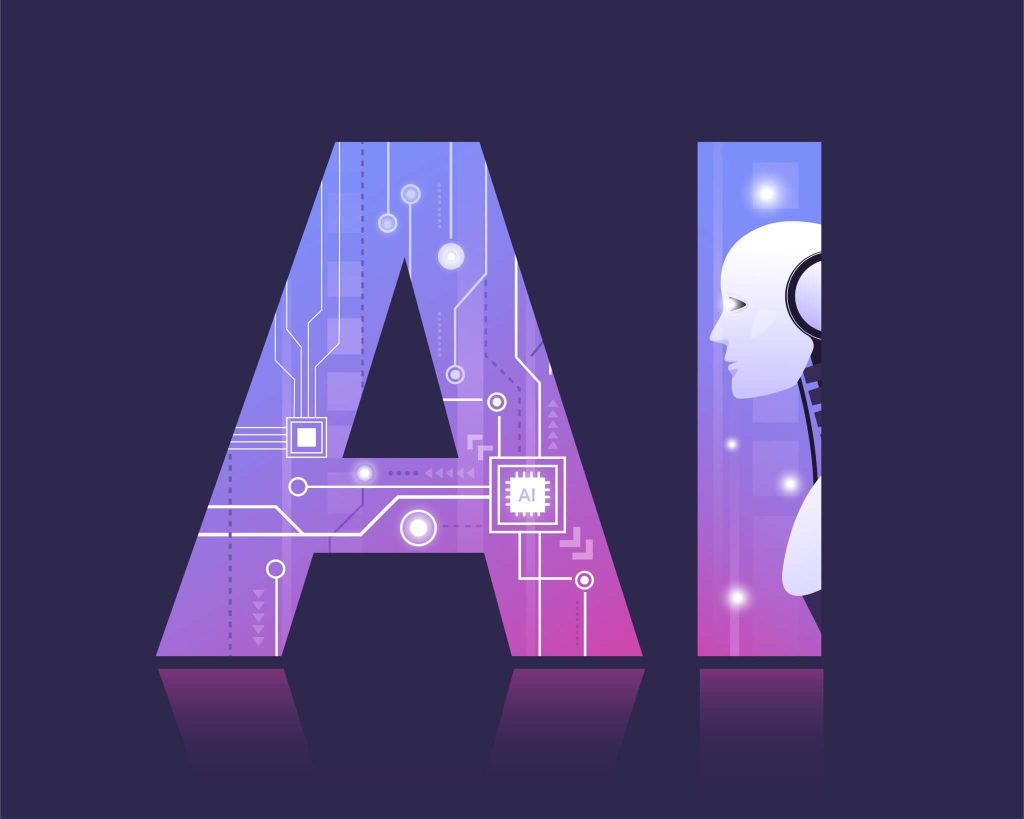I. Introduction
A. Definition of Artificial Intelligence (AI)
Artificial Intelligence (AI) refers to the simulation of human intelligence in machines, enabling them to perform tasks that typically require human intelligence, such as learning, reasoning, problem-solving, and understanding natural language. AI technologies include machine learning, neural networks, natural language processing, and computer vision.
B. Brief overview of the mobile development industry
The mobile development industry is a fast-paced, dynamic sector responsible for creating the apps that power our smartphones and tablets. It encompasses mobile app development, which involves designing, building, and maintaining applications for mobile devices, be it for iOS or Android platforms.
C. Preview of how AI is impacting mobile development
AI is revolutionizing mobile app development by enhancing efficiency, personalizing user experiences, and offering advanced features. In this blog post, we will delve into the ways AI is transforming the industry, from automating tasks to powering cutting-edge features.
II. The Role of AI in Mobile Development
A. Automation of tasks
AI plays a crucial role in automating various aspects of mobile app development, making the process more efficient.
1. Code generation
AI-powered tools, such as code generators and auto-completion features, simplify the coding process, reducing development time and error rates. These tools analyze code patterns, suggesting code snippets and even generating sections of code, significantly speeding up the development process.
2. Testing and debugging
AI-driven testing frameworks can automate testing procedures and identify bugs or vulnerabilities, ensuring a higher-quality final product. This reduces the time and effort required for manual testing and debugging.
B. Personalization and user experience enhancement
AI leverages user data and behavior to provide tailored app experiences.
Personalization algorithms analyze user preferences and interactions to suggest content or features, keeping users engaged and satisfied. For instance, e-commerce apps use AI to recommend products, increasing sales and customer satisfaction.
C. Predictive analytics for user behavior
AI-driven predictive analytics use historical data to forecast user behavior, helping developers make data-driven decisions. This enables personalized marketing strategies, improved user retention, and targeted content delivery.
D. Natural language processing in mobile apps
AI\’s natural language processing capabilities enable mobile apps to understand and respond to voice commands, making voice assistants like Siri and Google Assistant possible. This enhances user convenience and accessibility.
III. AI-Powered Mobile App Features
A. Chatbots and virtual assistants
Chatbots and virtual assistants, powered by AI, provide real-time support and automate customer interactions within apps. They handle inquiries, offer recommendations, and enhance user engagement.
B. Recommendation systems
Recommendation algorithms use AI to analyze user behavior and preferences, suggesting content, products, or services tailored to each user. This drives user engagement and boosts revenue for businesses.
C. Speech and image recognition
AI-driven speech and image recognition capabilities are integrated into various apps. They enable voice search, facial recognition for security, and image-based searches in e-commerce apps.
D. Augmented reality (AR) and virtual reality (VR) applications
AI enhances the immersive experiences provided by AR and VR apps. It tracks user movement, recognizes objects, and offers interactive experiences, such as gaming and virtual tours.
IV. Benefits of AI in Mobile Development
A. Improved development efficiency
AI streamlines the development process, reducing the time and effort required for coding, testing, and debugging. This translates into faster time-to-market for mobile apps.
B. Enhanced user engagement
Personalization, chatbots, and recommendation systems boost user engagement, keeping users actively using the app and increasing customer loyalty.
C. Competitive advantage
By adopting AI, mobile app developers gain a competitive edge, offering more advanced features and improved user experiences than their competitors.
D. Cost savings
AI-driven automation and efficiency lead to reduced development costs, enabling developers to create high-quality apps without breaking the bank.
V. Challenges and Considerations
A. Ethical and privacy concerns
Developers must address ethical issues and user privacy concerns related to the collection and use of personal data in AI-powered apps.
B. Skillset requirements for AI integration
Developers need to acquire AI-related skills and knowledge to effectively integrate AI into mobile apps.
C. Compatibility with existing systems
AI implementations should seamlessly integrate with existing mobile app ecosystems to avoid disruptions and user dissatisfaction.
D. Security and data protection
AI systems must be secure to prevent data breaches, ensuring user data is protected and confidential.
VI. Real-World Examples
A. Case studies of companies leveraging AI in mobile development.
Several companies, such as Uber, Netflix, and Airbnb, have harnessed AI to enhance user experiences and offer innovative features.
B. Notable AI-powered mobile apps
Apps like Google Assistant, TikTok, and Snapchat are examples of how AI can be integrated to provide unique and engaging experiences for users.
VII. Future Trends in AI and Mobile Development
A. AI\’s role in 5G and beyond
AI will play a crucial role in optimizing network performance and enhancing user experiences as 5G technology becomes more widespread.
B. Evolution of AI frameworks and tools
As AI technologies continue to advance, developers can expect more sophisticated AI frameworks and tools to simplify integration and development.
C. Potential breakthroughs in AI-driven mobile technology
AI\’s impact on mobile development is likely to expand into areas like healthcare, education, and augmented reality, providing exciting possibilities for the future.
VIII. How to Get Started with AI in Mobile Development
A. Resources for learning AI
Online courses, books, and tutorials are readily available to help developers acquire the skills needed for AI integration.
B. Tools and libraries for AI-powered mobile apps
Numerous AI development tools and libraries, such as TensorFlow, PyTorch, and sci-kit-learn, enable developers to incorporate AI into their mobile apps.
C. Best practices for AI integration
Developers should follow best practices for AI implementation, including data privacy, security, and user consent, to ensure smooth and ethical integration.
Conclusion
As we look to the future, the mobile development industry is set to undergo further radical transformations.
AI will remain at the forefront, continually pushing the boundaries of what mobile apps can do. Here are some key takeaways for developers and businesses:
Embrace AI for Competitive Advantage: Developers who harness AI will stay ahead of the curve. It\’s not just about keeping up with the competition; it\’s about staying several steps ahead.
User-Centric Design: AI allows for the creation of apps that are more intuitive and user-centric. A focus on enhancing user experiences and personalization will continue to drive success.
Cross-Industry Integration: AI will increasingly find its way into various sectors, from healthcare and education to retail and gaming. It will create new opportunities for cross-industry innovation.
Ethical Considerations: Ethical AI practices are paramount. Developers must prioritize data privacy, security, and transparency in AI-powered applications.
Continuous Learning: The world of AI is ever-evolving. Developers must commit to continuous learning to stay up-to-date with the latest AI developments and best practices.
Collaboration and Innovation: Collaboration between developers, AI experts, and business strategists will be critical to harnessing the full potential of AI in mobile development.
In conclusion, AI is not just a buzzword but a fundamental force reshaping the mobile development industry.
It\’s a transformative tool that enables developers to create more efficient, engaging, and intelligent applications.
As we navigate the future of mobile development, AI will be the cornerstone upon which innovation and success are built.
So, to all developers and enthusiasts, keep exploring, keep innovating, and keep transforming the mobile development landscape with the power of AI. The future is yours to create.






